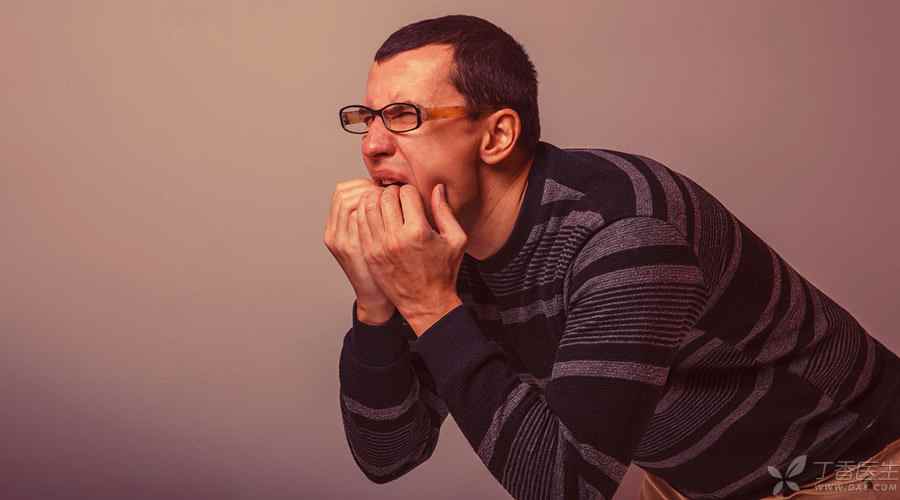
In my life, I am often asked a question: Are you a hepatobiliary doctor? Ouch, I’m looking for the right person. I often have bitter taste. Is there something wrong with my liver and gallbladder?
There are also some formal occasions, such as when I accompany several well-known experts in the industry to the clinic, I can also encounter similar problems, usually retired aunts, get up early and hang up the expert number, with a bunch of normal examination results, saying that their main symptom is [bitter taste]. Experts are often quite helpless and can only say: [I see you are not ill…]
Why can people think of liver and gallbladder problems when it comes to [bitter taste]?
Tears are salty, gastric juice is sour, bile is bitter… As we all know, bile is the only bitter one in all kinds of body fluids. It is probably for this reason that people naturally think of liver and gallbladder problems.
Is bitter mouth really a liver and gallbladder problem?
Some social people may have had such experiences: after drinking too much, they vomited chyme first, then sour water (gastric juice), and finally bitter water (bile). In this case, they will feel the [bitter taste] caused by bile.
However, as a first-line doctor, I have been in charge of many, many hospitalized patients over the years (), and none of them in my impression have said that I have a bitter taste.
There is only one case where the patient has said [bitter]:
Because of biliary obstruction, some patients need to drink the drained bile again in order to balance electrolyte, improve digestive function and balance gastrointestinal flora after external bile drainage for them. At this time, the ward is really bitter!
In this way, bitter taste seems to have nothing to do with liver and gallbladder diseases.
Is there any other reason for bile to flow into the mouth?
So, if you don’t drink and vomit, and no doctor forces you to drink bile, is there anything else that may cause bile to flow into your mouth?
It is theoretically possible, but the possibility is very small.
Under normal circumstances, bile will flow into the duodenum after secretion, help digest food, and excrete together with feces. It will not flow into the mouth. If bile is to flow into the mouth, it must pass through the pylorus and cardia [one-way valve].
There is a disease called bile reflux gastritis.
There is a [one-way valve]-pylorus between the duodenum and the stomach, which ensures that the things in the stomach flow to the duodenum and prevents the things in the duodenum from flowing back into the stomach.
If this one-way valve goes wrong and becomes two-way circulation, the bile in duodenum will flow back into the stomach. The stomach is accustomed to acidic gastric juice, and suddenly alkaline bile will cause various discomfort, so bile reflux gastritis occurs.
But! (But it is very important) Even so, patients do not feel bitter taste, because bile only flows into the stomach, not into the mouth. The general symptoms of patients suffering from bile reflux gastritis are [dull pain in the upper abdomen, poor appetite], etc., and do not [bitter taste].
There is also a disease called gastroesophageal reflux disease.
It is the [one-way valve] between esophagus and stomach-the cardiac has a problem, so gastric juice flows back into esophagus. Most of these patients complain of [heartburn and acid regurgitation, dull pain behind sternum].
It can be seen from this that only in patients with [bile reflux gastritis] + [gastroesophageal reflux disease], both [one-way valves] are out of order, which may cause bile to flow back from duodenum to oral cavity and feel [bitter taste].

Speaking of which, many people who feel [bitter taste] should be nervous: what? Am I suffering from these two diseases?
In fact, this possibility is very low for two reasons:
- First of all, even if the two diseases are superimposed on patients, it is rare for bile to flow back into the oral cavity. How much reflux force does it take? Secondly, if the two diseases exist at the same time, the patient will first feel strong discomfort in the stomach and esophagus, which is much more serious than bitter mouth.
Oral odor is more likely to be responsible for these reasons.
[Bitter taste] is a subjective feeling and one of the manifestations of oral odor. In fact, there are many situations that may cause oral odor such as [bitter taste], such as:
1. Poor oral hygiene
Poor oral hygiene may not only cause oral diseases, but also bring unpleasant tastes such as halitosis and bitter taste.
Step 2: Smoking
If you smoke for a long time, the ingredients in tobacco will stimulate taste buds and may bring wrong feelings.
3. Side effects of drugs
Many drugs may cause bitter mouth and abnormal taste. For example, some antihypertensive drugs and tumor chemotherapy drugs are often used.
All these reasons mentioned above are much more likely than simultaneous bile reflux gastritis and gastroesophageal reflux disease.
Therefore, I sincerely suggest that if you only feel [bitter taste] and have no other discomfort, it is really not necessary to hang up the hepatobiliary expert number, and first think about whether it may be caused by other reasons.
